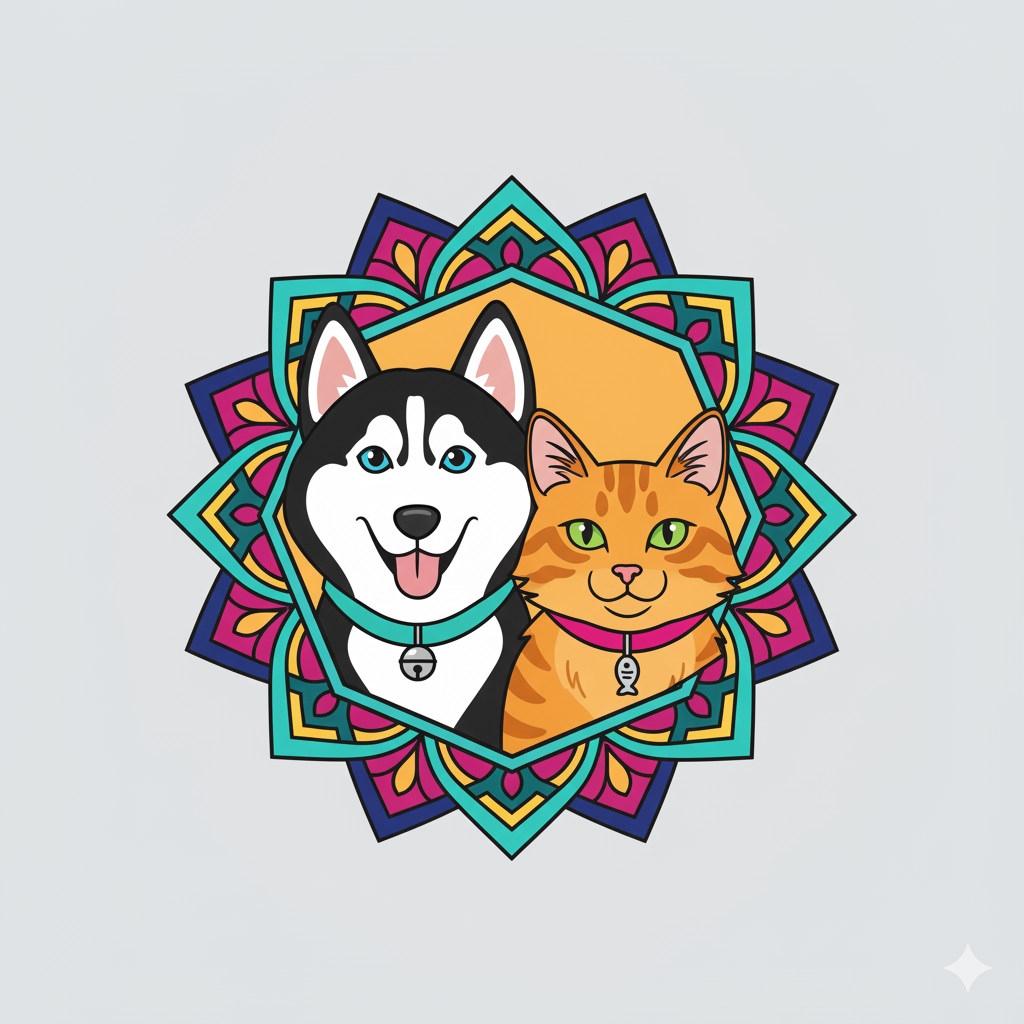Understanding the Bond: Why Dogs Are Valued Companions Across Lifestyles
Dogs as companions offer unparalleled emotional support and unwavering loyalty, making them cherished partners across diverse lifestyles. The foundation of their exceptional companionship lies in their innate ability to read human emotions and respond accordingly. This sensitivity fosters deep trust and affection, enhancing the value of a dog-human bond beyond mere pet ownership.
Dog adaptability is key to their success as companions. Whether in bustling urban settings or quiet rural homes, dogs quickly adjust to owners’ routines and environments. Their capacity to modulate energy levels, behavior, and social interactions ensures they meet both emotional and practical needs. For example, a high-energy dog may offer motivation for an active owner, while a calm breed provides comfort during stressful times.
Also to see : How Can Dogs Impact Human Health Positively?
Moreover, dogs as companions often serve as social catalysts, encouraging human connection and physical activity. This enriches owners’ lives, highlighting the profound value of a dog-human bond. Understanding these qualities sheds light on why dogs remain the most beloved companions worldwide.
Matching Dog Breeds and Personalities to Different Lifestyles
Finding dog breed compatibility with your lifestyle is essential for a harmonious relationship. Different dog breeds have unique personalities and activity needs, so choosing the right dog depends heavily on how you live.
Also read : How Do Dogs Live in Urban Environments?
For active individuals, breeds like Border Collies or Labrador Retrievers are ideal due to their high energy levels and love for outdoor activities. These lifestyle-specific dogs require regular exercise to stay healthy and happy.
If you have a more sedentary lifestyle, smaller or less energetic breeds, such as Bulldogs or Basset Hounds, fit better. They are content with shorter walks and more relaxed daily routines, making them easier to care for in a calm home environment.
Families often prefer dog breeds that are friendly and patient with children, such as Golden Retrievers or Beagles. These dogs thrive on social interaction and can handle the noise and unpredictability of family life.
For single-person households, choosing breeds that are emotionally supportive and low-maintenance, like French Bulldogs or Shih Tzus, helps ensure compatibility with solitary living situations. Considering factors like time availability and home size further refines your choice to match your lifestyle perfectly.
Emotional and Physical Benefits of Dog Companionship
Dogs provide profound emotional benefits that enhance mental well-being. Owning a dog can significantly reduce feelings of loneliness by offering consistent companionship and unconditional affection. This bond often lessens stress and anxiety, creating a more positive emotional environment at home.
From a health perspective, the impact of owning a dog extends beyond emotional support. Dogs naturally encourage their owners to stay active through daily walks and play, promoting physical exercise. This routine not only benefits cardiovascular health but also helps develop consistent habits. Furthermore, owning a dog fosters opportunities for social interaction, as dog owners often meet others during walks or at dog parks. These exchanges can strengthen social networks, further contributing to overall well-being.
The health benefits of dogs are well-documented, showing improved mood and lowered blood pressure among owners. This combination of improved emotional and physical health highlights why dogs are considered valuable companions. For many, the presence of a dog encourages a balanced lifestyle, making the experience rewarding on multiple levels.
Practical Examples: Dogs Fitting Diverse Lives
Exploring how different dogs thrive in unique environments
For anyone considering a dog, understanding how well a breed or individual dog fits their lifestyle is crucial. Take, for example, a lively Border Collie excelling in a rural home with ample space for exercise. This breed thrives on activity, making it ideal for a family that enjoys outdoor adventures. In contrast, a French Bulldog has flourished in a small urban apartment, adapting well to limited space and moderate daily walks. Such examples of dogs for different lifestyles highlight the importance of matching energy levels and care needs to living situations.
Real-life companion stories further demonstrate this synergy. One city-dwelling professional found a calm Cavalier King Charles Spaniel to be a perfect partner, appreciating its gentle nature after long workdays. Meanwhile, a young family embraced a Golden Retriever, valuing its friendly demeanor and patience with children. These case studies underscore how dogs can align with diverse family dynamics and routines.
By reviewing these practical examples, prospective dog owners gain insight into choosing a dog that complements their life, fostering harmony and a lasting bond.
Guidance on Choosing a Suitable Dog for Your Living Situation
Choosing the right dog begins with evaluating compatibility between your lifestyle and the dog’s needs. Before adopting, consider factors such as living space, daily routine, activity level, and family members. For example, a high-energy breed may not suit someone with a sedentary lifestyle or limited yard space.
Tips for first-time dog owners include researching breeds known for temperament and care requirements. Assess your ability to commit time for training, exercise, and socialization. This step is crucial to prevent misunderstandings that could lead to frustration or abandonment.
Watch for red flags during your search, such as unclear health history or aggressive behavior. Engage with reputable shelters or breeders who can provide thorough background information. Best practices also involve trial visits or fostering to observe how well you and the dog adapt to each other.
By thoughtfully choosing the right dog, you create a foundation for a lasting, positive relationship. Remember, selecting a dog is not just about the breed but about aligning expectations and daily realities to ensure mutual happiness.
